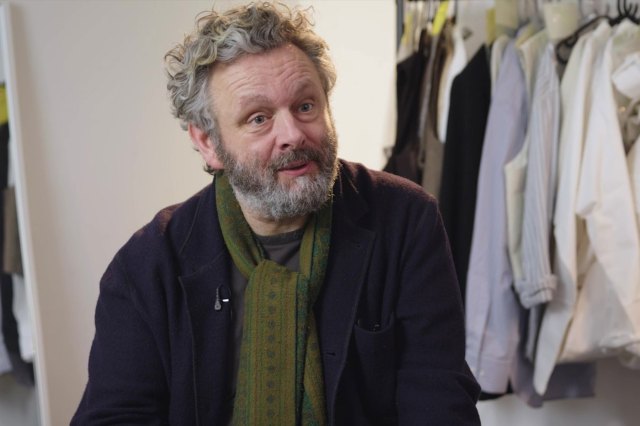New theatre freelancers survey highlights ‘underpaid and overworked’ status of the industry
The survey also adresses the lasting impacts of Brexit and the pandemic, as well as the gender pay-gap

The organisation known as Freelancers Make Theatre Work (FMTW) has released the findings of a survey today as the third in a planned series to be conducted from 2020 to 2025.
Carried out in March and April of this year in collaboration with the University of Essex, the survey illuminates the current status quo of theatre freelancers and addresses why many are leaving – or being forced out of – the industry resulting in skills shortages across the entire sector.
Paul Carey Jones, data and communications manager for FMTW, commented: “The 2023 Big Freelancer Survey paints a stark picture of a freelance workforce ‘under siege’, facing the perfect storm of a cost-of-living crisis, and the ongoing impact of Covid and Brexit; combined with deeply embedded structural inequalities. The clear message from this year’s survey is that the freelance theatre workforce feels ‘undervalued, underpaid and underappreciated’, a feeling that has been amplified by significant funding cuts in the last year.
“Although many find the work fulfilling, unsustainably low pay is leading to skills shortages across the arts industry, coupled with the devastating impact of the fallout from Brexit. The industry needs to take a long hard look at itself and call upon the government to assist in a much-needed shake up.”
The survey also indicates a 37.4 per cent pay-gap between the male and female workforce, widening to 47.7 per cent for freelancers with 21 to 30 years of experience in the industry. Furthermore, it concludes that the overall, average earning for theatre freelancers are 17.5 per cent below the UK national average salary.
Amid the current cost of living crisis, the survey has found evidence of “a chronic scenario in which many freelancers are living hand-to-mouth due to the constant expectation to work for below minimum wage or for free” and 64.6 per cent of respondents having to take on a greater workload for the same or even less pay in the last 12 months.
Since the pandemic, a high number of freelancers have left the industry, resulting in the hiring of low-paid, inexperienced freelancers and concerns over workplace fairness and safety.
In addition, almost 80 per cent of respondents claim that Brexit has led to a climate of uncertainty causing employers to discriminate against workers without EU passports, as well as UK practitioners and suppliers losing contracts to their EU counterparts due to increased import costs and slower delivery times. In particular, the opera, classical music and live events sectors have been impacted the most.
The survey also addresses the issues of persistent exclusivity, inequality and inaccessibility, with many participants discouraged due to the industry’s lack of meaningful progression in terms of equality and describing inclusivity as “just a word and not reality”.
The FMTW calls for a “thorough review of government funding policy”, alongside a system that enforces fair rates of pay and eliminates both the disparity between freelance and salaried staff wages and the gender pay-gap, tackles London-centric funding and increases the touring allowance to match inflation. It also highlights the continued need to improve accessibility for under-represented groups.














